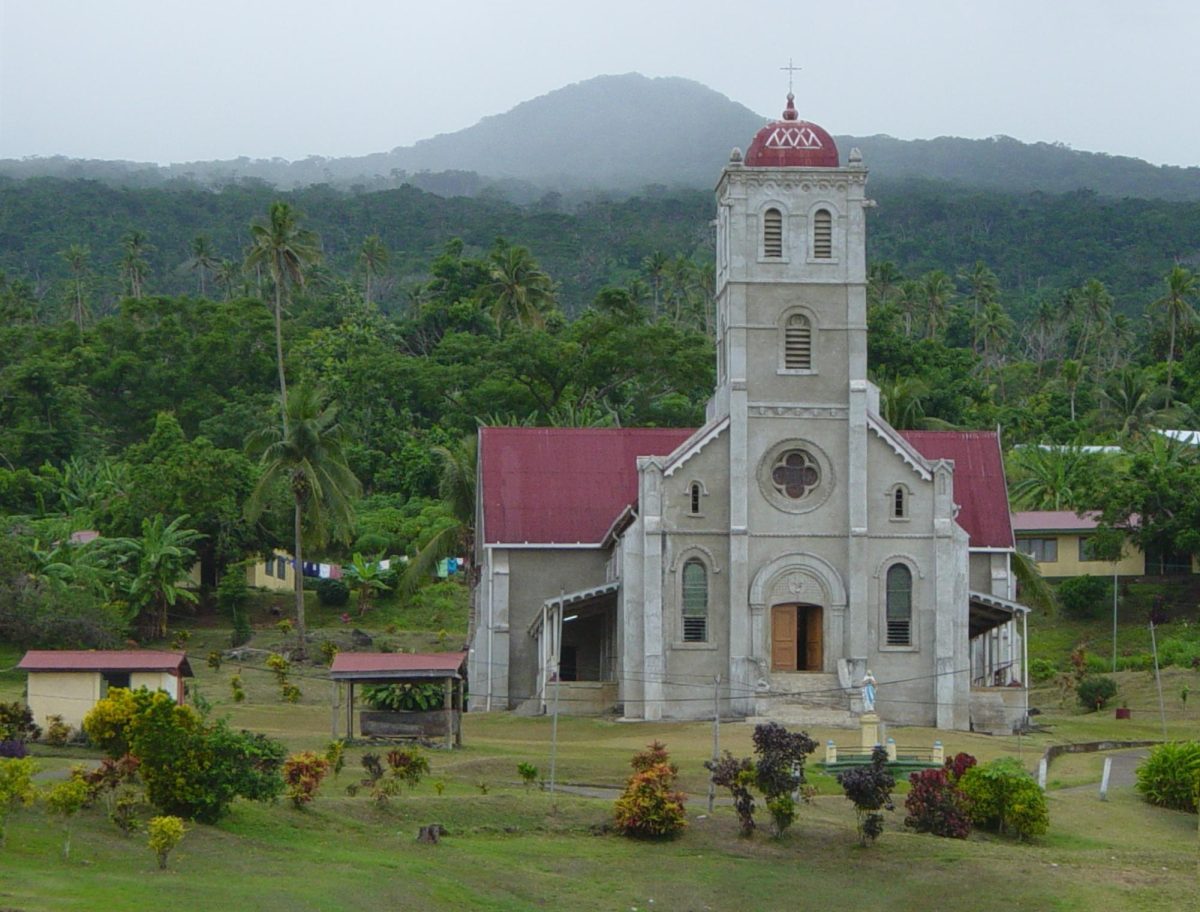In 1999, five students in Australia accused Reverend Julian Fox of physical and sexual abuse. The head of his order in Australia, Reverend Fox had been teaching at Catholic schools there ever since he had been appointed to the position. At around the same time that the accusations were made, he had left Australia and moved to the small island-nation of Fiji; however, the accusations followed him there and were heard all around the world.
Over the course of several decades, the Roman Catholic Church has been sending priests and missionaries like Reverend Fox, who have been known to sexually abuse children, to Pacific Islands according to court records and survivor testimonies. It has therefore been reported that the Church has protected the scores of these priests and missionaries from the authorities by “shuffling them to other countries,” according to The New York Times. For example, 24 priests from New Zealand, Australia, Britain, and the United States left their countries to pursue their careers in Pacific Island countries such as Fiji, Kiribati, and Samoa. Nonetheless , the authorities were able to investigate three particular priests for their inappropriate behavior even though they did not end up going to trial due to “mental and physical health problems,” according to Pete Mkenzie, a Times reporter.
The remoteness of these islands are also to be taken into consideration as they’re difficult to reach. In addition, many of these islands are predominantly Christian, which pleased the Catholic priests at their arrivals. Due to the islands’ lack of oversight, the priests felt like they could resume their child abuse as the pressure for their victims to rightfully expose them became more intense and prevented them from doing so. For example, on the island of Fiji, Felix Fremlin, a native, was beaten by his father because he claimed that he was abused by a local priest. According to Fremlin, “If you say something against the church, it’s like saying something against God.”
However, these cases could have easily been prevented if the Catholic Priests had been supervised by their own supervisors instead of the fellow Catholic bishops and reverends, who were less likely to ask questions about their activity. For example, Mateo Bruni, a Vatican spokesman, claims he has no knowledge of the incidents and therefore doesn’t feel it is appropriate to comment on them. Many other bishops have responded similarly, stating that they have no records of the priests’ child abuse. Furthermore, Brother William Morgan, an American missionary, was accused by an unidentified couple of touching their four-year-old girl. However, Reverend Adam Oleszczuk had no records concerning Brother Morgan’s behavior.
Regardless of the lack of reports, Pope Francis from Vatican City has taken note of these matters and is now visiting Papua, New Guinea, and East Timor to express his deepest apologies regarding the scandals. Yet, critics have panned his apology as insufficient. They want an admission of harm and concrete steps to identify where harm occurred in the Pacific Island nations in order to provide the support and comfort that they need as a result.














































































































































